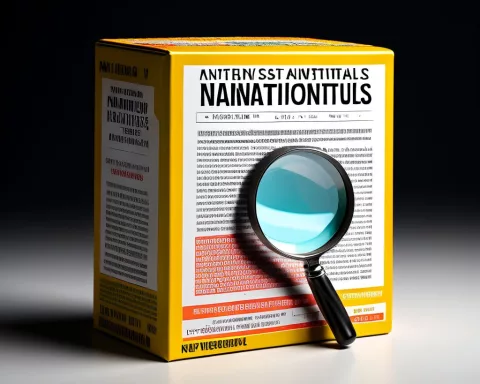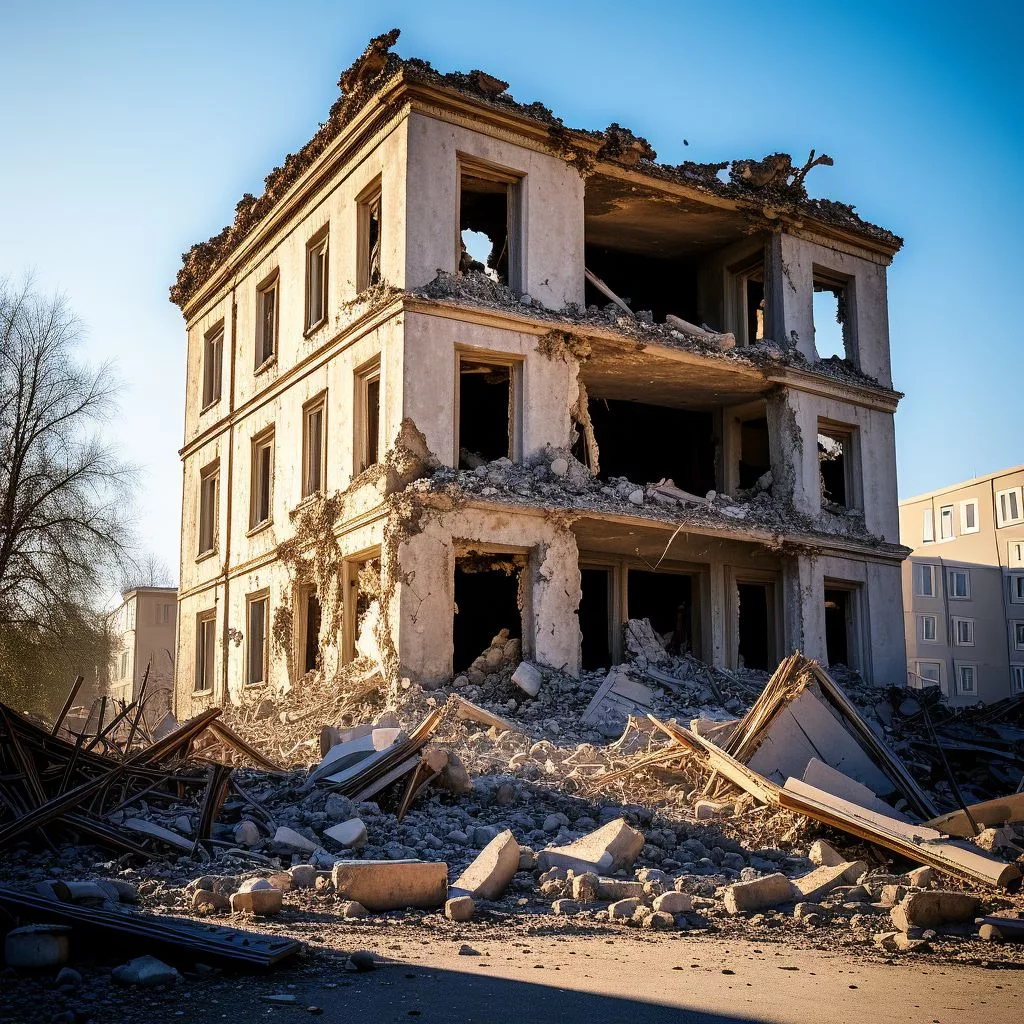A recent trip to Israel by nine South African MPs has caused a big stir, as it seems to go against the country’s strong support for Palestine. Critics are demanding an investigation into who paid for the trip and what its true purpose was, especially since South Africa is currently involved in a legal case against Israel for alleged genocide in Gaza. The MPs, from various political parties, met with Israeli officials, raising eyebrows about their actions during such a sensitive time. Many are worried that this visit sends the wrong message and undermines South Africa’s commitment to justice for Palestinians, sparking calls for accountability and transparency in government actions.
What sparked the controversy over the MPs’ trip to Israel?
The recent trip to Israel by nine South African MPs has sparked controversy due to its potential breach of South Africa’s pro-Palestinian foreign policy. Calls for an investigation have emerged, focusing on the trip’s funding, objectives, and implications for national interests amid ongoing legal proceedings against Israel.
A Controversial Expedition
A recent visit to Israel by nine Members of Parliament (MPs) from South Africa has ignited widespread controversy and calls for a thorough investigation. Representing three different political parties—the Democratic Alliance (DA), the Patriotic Alliance (PA), and the African Christian Democratic Party (ACDP)—the MPs embarked on what was described as a “fact-finding” mission. Despite being labeled as such, the trip has been criticized for its timing and secrecy, raising questions about potential breaches of South Africa’s foreign policy and ethical standards.
Good Party MP Brett Herron brought the visit to light, revealing that the delegation met with Israeli officials. This disclosure has led to accusations of contradicting South Africa’s strong pro-Palestinian stance and opposition to Israeli policies, often likened to apartheid. The Media Review Network (MRN), a human rights watchdog focusing on foreign policy, along with the African National Congress (ANC) study group on international relations, have both demanded an official probe into the trip.
These calls for accountability hold significant weight, particularly in light of South Africa’s ongoing genocide case against Israel at the International Court of Justice (ICJ). The controversy surrounding this visit has intensified, driving various stakeholders to seek clarity and transparency.
A Diplomatic Faux Pas?
The timing of the MPs’ trip has exacerbated the existing tensions. In January 2024, South Africa filed a case against Israel at the ICJ, accusing the latter of committing acts of genocide in Gaza. The hearings are still underway, and South Africa has been a vocal advocate for ending hostilities and seeking justice for Palestinians. Given this context, the MPs’ visit to Israel appears to clash with the country’s diplomatic efforts, raising concerns about the message it sends.
Dr. Ahmed Jazbhay, an MRN executive member, emphasized the need for a thorough investigation when speaking to SABC News Radio. He pointed out that the trip cannot be dismissed as a routine visit due to the ongoing international legal proceedings. Jazbhay stressed the importance of uncovering who funded the delegation and what its objectives were, highlighting the need for transparency in such matters.
Political Ramifications
The ANC study group has responded by planning to write to National Assembly Speaker Thoko Didiza, urging her to summon the nine MPs for an explanation. Supra Mahumapelo, the study group’s chairperson, criticized the visit as a “one-sided fact-finding mission” that misleadingly suggested parliamentary endorsement. Mahumapelo stated, “Everybody knows what Israel is doing—committing genocide against the people of Palestine,” emphasizing the need for individuals to avoid creating the impression that they represent South Africa’s Parliament.
Department of International Relations and Cooperation (DIRCO) spokesperson Chrispin Phiri distanced the department from the trip. He underscored that oversight of MPs’ actions falls under the jurisdiction of the Speaker of Parliament, as Parliament operates independently from the executive branch.
The Call for Transparency
The MRN has announced plans to petition Parliament for a multi-party inquiry into the trip’s funding, goals, and potential violations of parliamentary protocol. This move aims to ensure transparency and accountability, which are crucial for maintaining public trust in governmental institutions. Historically, South Africa’s foreign policy has been marked by a strong commitment to human rights and justice, deeply influenced by its own struggle against apartheid.
The allegations against Israel resonate deeply within South Africa, given its historical context. The government’s consistent support for Palestine is not merely a diplomatic stance but a reflection of its broader commitment to justice and equality. Thus, the controversy surrounding the MPs’ visit to Israel touches on core aspects of South African values and its role on the international stage.
A Complex Landscape
The incident of the MPs’ visit to Israel is not isolated but part of a broader, intricate landscape of international relations and internal politics. It underscores the delicate balance South Africa must maintain between its domestic policies, historical commitments, and international diplomacy. This controversy serves as a reminder of the ongoing struggle for ethical governance and accountability.
The call for an investigation seeks to clarify the intentions and implications of such visits. It aims to ensure that personal or political agendas do not undermine national interests or contradict the country’s diplomatic efforts. The incident highlights critical questions about the role of parliamentarians in shaping foreign policy and the extent to which their actions reflect or contradict national positions.
As South Africa continues to navigate its role on the global stage, incidents like these will undoubtedly shape its diplomatic narrative and influence its approach to international relations. The outcome of the proposed investigations will be crucial in determining future actions and upholding the principles of accountability and transparency in governance.
This episode serves as a poignant reminder of the delicate interplay between national policies, individual actions, and international diplomacy. It is a dynamic that continues to define South Africa’s journey on the global stage, necessitating a continuous evaluation of ethical responsibilities and alignment between individual actions and national policies.
FAQ: MPs’ Israel Trip Sparks Outcry and Demands for Investigation
What sparked the controversy over the MPs’ trip to Israel?
The trip by nine South African MPs has drawn criticism due to its potential contradiction to South Africa’s strong pro-Palestinian foreign policy. With ongoing legal proceedings against Israel for alleged genocide in Gaza, many are questioning the trip’s funding, objectives, and implications for national interests.
Who were the MPs involved in the trip, and which political parties do they represent?
The delegation included nine MPs from three different political parties: the Democratic Alliance (DA), the Patriotic Alliance (PA), and the African Christian Democratic Party (ACDP). Their visit, described as a “fact-finding mission,” has raised concerns about its timing and secrecy.
What actions are being called for in response to the trip?
Critics, including the Media Review Network (MRN) and the African National Congress (ANC) study group on international relations, are demanding a formal investigation into the trip. They seek to uncover who funded it and the trip’s true purpose, emphasizing the need for accountability and transparency in government actions.
How does this trip relate to South Africa’s stance on Israel and Palestine?
South Africa has been vocal in its support for the Palestinian cause, often likening Israeli policies to apartheid. The timing of the MPs’ trip is particularly sensitive, as South Africa has filed a case against Israel at the International Court of Justice (ICJ), accusing it of genocide in Gaza. Critics argue the visit undermines the country’s diplomatic efforts and commitment to justice for Palestinians.
What have government officials said about the trip?
Chrispin Phiri, spokesperson for the Department of International Relations and Cooperation (DIRCO), distanced the department from the MPs’ actions, stating that oversight of their conduct falls under the jurisdiction of the Speaker of Parliament. This highlights the independent nature of Parliament from the executive branch.
What are the potential implications of this controversy?
The MPs’ visit has opened up discussions about the ethical responsibilities of parliamentarians and the impact of individual actions on national policy. The call for an investigation underscores the importance of maintaining public trust in governmental institutions and ensuring that personal or political agendas do not conflict with national interests. As South Africa navigates its role on the global stage, incidents like this will significantly influence its diplomatic narrative and approach to international relations.












